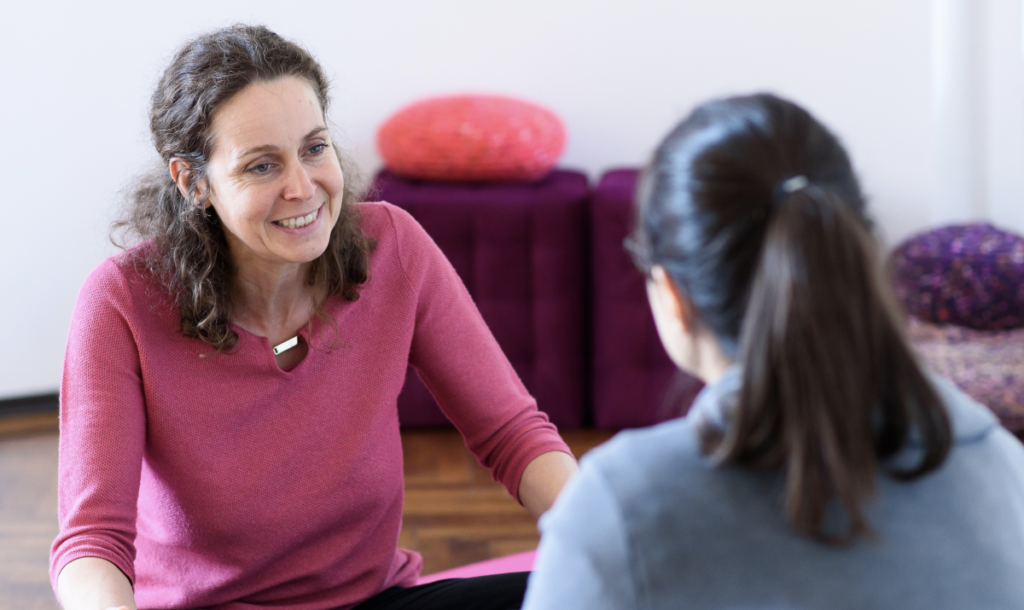
Understanding Mindfulness Coaching
Mindfulness coaching for women focuses on cultivating present-moment awareness and inner peace. It involves guiding individuals to pay attention to their thoughts, emotions, and physical sensations without judgment. This practice is especially beneficial for women who often juggle multiple roles and face unique societal pressures. By fostering mindfulness, women can experience reduced stress levels, improved emotional regulation, and enhanced overall well-being. Mindfulness coaching techniques may include meditation, deep breathing exercises, and mindful movement practices like yoga.
The Role of a Mindfulness Coach
A mindfulness coach plays a crucial role in supporting women’s mental health by providing guidance and tools to cultivate mindfulness in daily life. They help clients develop a deeper understanding of their thought patterns and emotional responses. By teaching techniques such as body scans and mindfulness-based stress reduction (MBSR), coaches empower women to manage stress effectively. Additionally, mindfulness coaches create a safe space for women to explore their inner experiences and develop resilience against life’s challenges.
Tailoring Mindfulness Coaching for Women
Women often face unique challenges such as balancing career aspirations with family responsibilities and managing societal expectations. Mindfulness coaching addresses these challenges by offering tailored strategies. Coaches assist women in setting realistic goals for work-life balance and nurturing their emotional health. Through personalised sessions, women learn to integrate mindfulness into their daily routines, promoting mental clarity and emotional stability.
How Mindfulness Coaching Helps in Specific Areas
Mindfulness coaching provides practical tools for women to navigate various life domains. Techniques like mindful breathing can alleviate anxiety and promote relaxation during stressful moments. Coaches also teach cognitive reframing exercises to shift negative thought patterns into more positive perspectives. By fostering self-compassion and emotional resilience, mindfulness coaching empowers women to thrive in both their personal and professional lives.
Integrating Mindfulness into Daily Life
Practical integration of mindfulness involves incorporating awareness practices into everyday activities. Women can start by dedicating a few minutes each day to mindfulness exercises such as mindful eating or mindful walking. Setting intentions for the day and practicing gratitude are also effective ways to cultivate mindfulness. These practices not only enhance present-moment awareness but also foster a deeper connection with oneself and others.
Choosing the Right Mindfulness Coach
Selecting a qualified mindfulness coach involves considering their experience, credentials, and approach. A reputable coach will have training in mindfulness techniques and a proven track record of helping clients achieve their wellness goals. It’s essential to look for someone who aligns with your personal values and communication style. By scheduling an initial consultation, women can gauge whether the coach’s methods resonate with their needs and aspirations for personal growth.
Mindfulness Coaching vs. Therapy
While mindfulness coaching and therapy share similarities in promoting mental well-being, they serve different purposes. Therapy focuses on addressing past traumas and psychological disorders through structured treatment plans. In contrast, mindfulness coaching emphasises present-moment awareness and personal growth. Many women benefit from combining both approaches to enhance their overall mental health and resilience.
The Future of Mindfulness Coaching for Women
As awareness of mindfulness grows, so does its application in coaching women towards holistic wellness. Future trends include integrating technology for virtual coaching sessions and developing tailored mindfulness programs for specific demographics. The ongoing research on mindfulness’s efficacy in stress reduction and emotional regulation continues to support its role in empowering women’s mental health.





